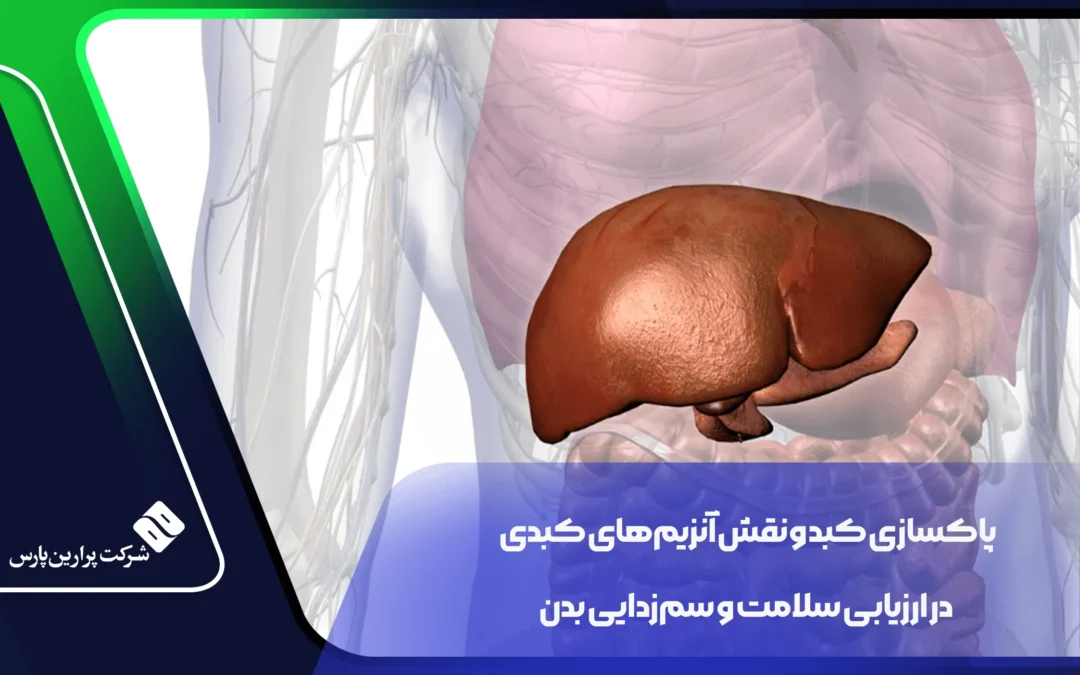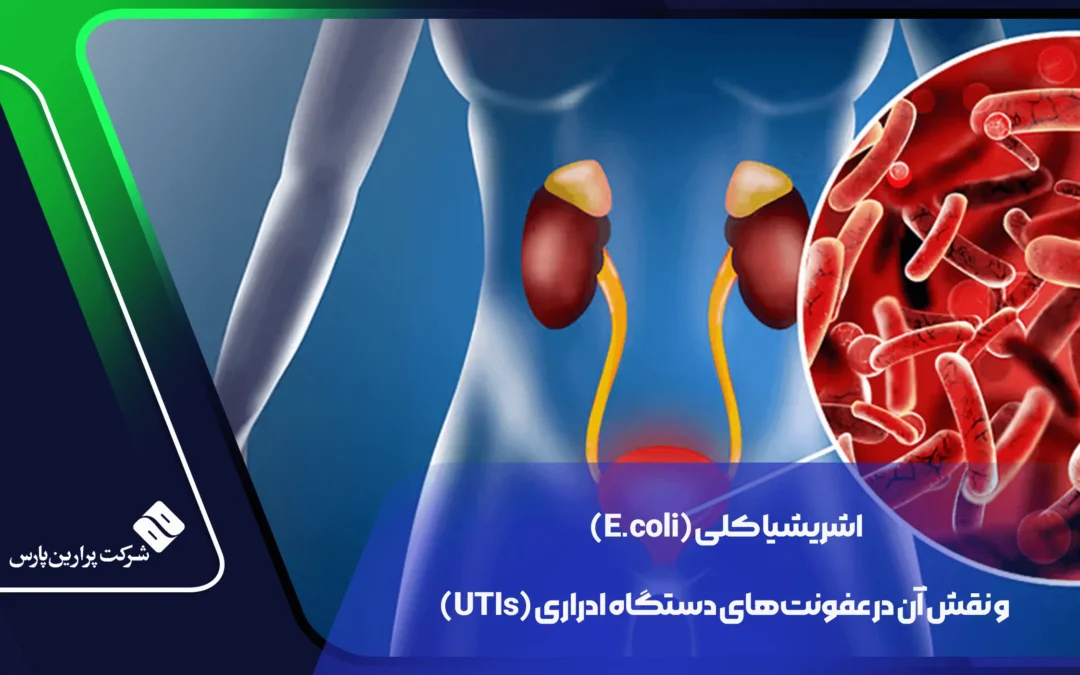
Liver Detoxification: The Role of Hepatic Enzymes in Health Assessment and Systemic Detoxification
Liver Detox: A Strategy to Maintain the Health of This Vital Organ
The liver is one of the most vital organs in the body, responsible for numerous functions such as detoxification, regulating metabolism, bile production, and storing certain nutrients. Proper liver function heavily depends on the activity of liver enzymes, which play a key role in metabolic and detoxification processes. In recent years, liver detox has received increasing attention as a natural method to maintain its optimal performance. Various strategies have been proposed to enhance liver function and counteract damaging factors, including lifestyle modifications, a proper diet, and the use of herbal and nutritional supplements.
Understanding Liver Enzymes and Their Role in Body Health
Liver enzymes are a group of proteins that play a crucial role in metabolic processes, detoxification, and maintaining biological balance (homeostasis). These enzymes are primarily produced in the parenchymal cells of the liver (hepatocytes). When liver cells are damaged or the liver’s natural function is impaired, the levels of certain enzymes in the bloodstream increase. Therefore, measuring these enzymes is considered an important tool in assessing liver health and monitoring the effectiveness of liver detox efforts.
Key Liver Enzymes Assessed in Clinical Tests
In clinical evaluations, four main liver enzymes are typically analyzed:
-
Alanine Aminotransferase (ALT): The most liver-specific enzyme. Elevated ALT levels usually indicate direct damage to liver cells.
-
Aspartate Aminotransferase (AST): Found not only in the liver but also in other tissues like the heart and muscles; thus, elevated AST is not exclusively indicative of liver damage.
-
Alkaline Phosphatase (ALP): Levels often rise in cases related to bile duct disorders or biliary obstruction.
-
Gamma-Glutamyl Transferase (GGT): Elevated GGT levels may suggest liver damage caused by alcohol consumption or toxic drugs.
The Role of Liver Enzymes in Diagnosing and Monitoring Liver Detox
Accurately tracking changes in liver enzyme levels, along with other laboratory and clinical indicators, allows differential diagnosis of various liver diseases such as viral hepatitis, non-alcoholic fatty liver disease (NAFLD), cholestasis, cirrhosis, and drug-induced toxicity. In many clinical studies related to liver detox supplements, liver enzyme levels are used as effectiveness markers for these supplements or liver-protective drugs.
Why Is Liver Detox Important?
The liver is exposed to various factors that can disrupt its normal function. An unhealthy diet, frequent alcohol consumption, exposure to environmental pollutants, and long-term use of certain medications are among these factors. Such conditions can lead to oxidative stress, chronic inflammation, and fat accumulation in liver tissue, all of which threaten liver health over time.
In such circumstances, boosting the body’s defense system through liver detox and improved liver function can play a significant role in preventing further damage. Taking nutritional supplements that contain scientifically supported active ingredients is one of the natural and safe strategies to support the liver’s detoxification process and help regenerate liver cells.
Key Compounds Supporting Liver Detox
Various studies have shown that certain plant-based and antioxidant compounds can play a critical role in supporting liver health and enhancing its detox functions. Below are the most important ones:
Artichoke Leaf Extract (Cynara scolymus):
-
Stimulates bile secretion and facilitates toxin elimination via bile ducts
-
Strong antioxidant effects due to active compounds like cynarin, chlorogenic acid, and luteolin
-
Helps reduce liver inflammation and protect cells from oxidative damage
N-Acetylcysteine (NAC):
-
A precursor to glutathione, one of the body’s most important endogenous antioxidants
-
Enhances the liver’s detox capacity and aids in eliminating harmful chemical substances
-
Widely used in detox protocols after drug overdose or toxic exposure
Alpha-Lipoic Acid (ALA):
-
Restores and regenerates antioxidants such as vitamins C and E
-
Helps regulate blood sugar levels and reduce systemic inflammation
-
Supports mitochondrial health and energy production processes in liver tissue
M Plus Liver Supplement: A Targeted Formula for Liver Detox
M Plus Liver is formulated using effective plant-based and antioxidant compounds to support liver function and accelerate liver detox through multiple mechanisms:
-
Increases bile secretion and enhances toxin elimination via the biliary system
-
Prevents fat accumulation in the liver, especially in individuals with NAFLD
-
Inhibits inflammatory pathways such as COX and LOX that contribute to liver inflammation
-
Boosts glutathione levels and strengthens the antioxidant defense system in liver cells
-
Regenerates damaged liver tissues and helps preserve the natural structure of liver cells
Scientific Backing of M Plus Liver in Promoting Liver Health
Numerous clinical and laboratory studies have shown that active ingredients like artichoke (Cynara scolymus) and silymarin can significantly reduce liver enzyme levels (such as ALT and AST), lower inflammation, and improve insulin sensitivity—particularly in patients with non-alcoholic fatty liver disease (NAFLD).
Moreover, N-acetylcysteine (NAC) plays a crucial role in liver detoxification protocols, especially in cases involving toxic or damaging medications. The inclusion of these compounds in the M Plus Liver formulation makes it a suitable choice for comprehensive liver health support.
Conclusion
M Plus Liver, with its scientifically backed formula and standardized herbal ingredients, is an effective solution for liver detox and supporting its natural functions. Each effervescent tablet contains 500 mg of standardized artichoke extract (Cynara scolymus), with a clinically relevant cynarin content.
Scientific evidence suggests that daily consumption of this extract for 6 to 8 weeks can result in lowered liver enzymes (ALT and AST), increased bile secretion, improved detoxification, and reduced inflammation in liver tissue. Its antioxidant and anti-inflammatory effects also help protect liver cells against oxidative stress.
Overall, consistent use of M Plus Liver alongside a healthy diet, reduced exposure to harmful substances, and an active lifestyle provides a safe, natural, and scientifically supported approach to liver support and detoxification.




